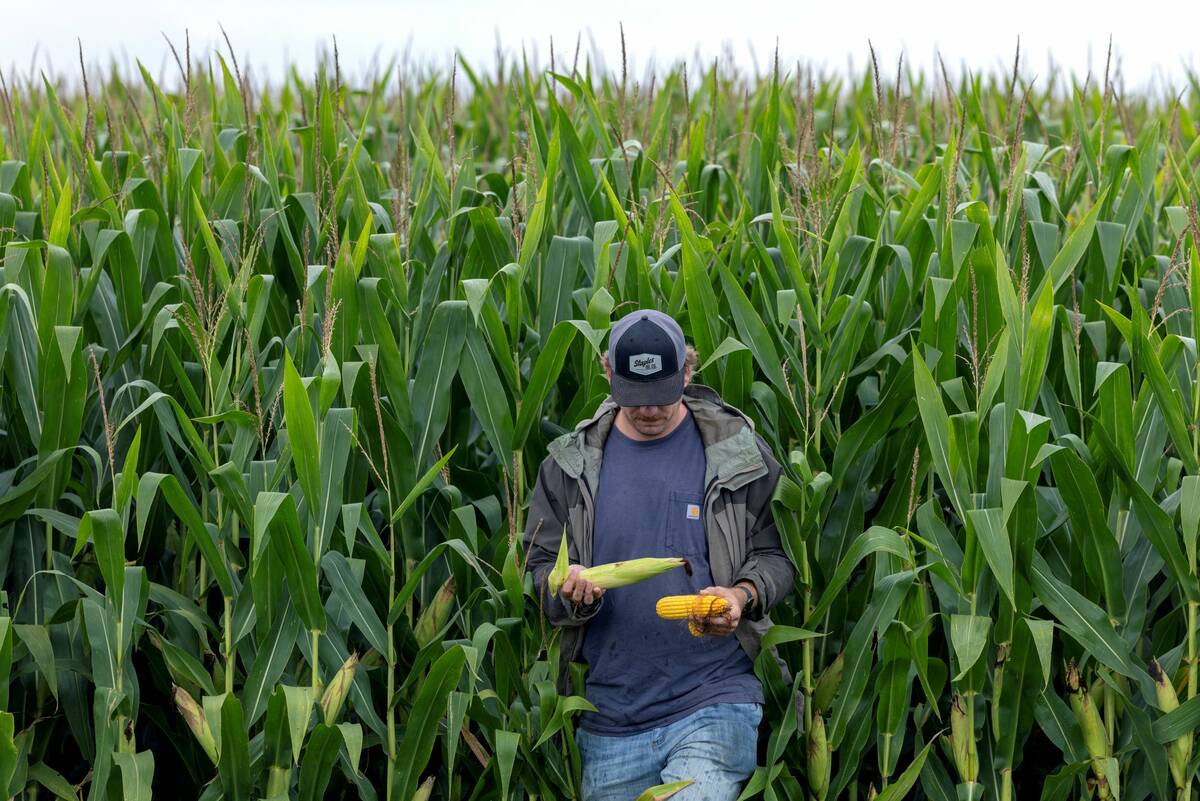A federal biofuels incentive fund has followed through on its contribution agreement to support a southern Saskatchewan wheat ethanol plant backed in part by area farmers.
Local MP Ray Boughen on Tuesday confirmed Regina-based Terra Grain Fuels will get up to $77.5 million in funding over seven years through the federal ecoEnergy for Biofuels program, which signed a contribution agreement with the company on Feb. 17.
The company is commissioning its facility in the RM of Pense near Belle Plaine, about 25 km east of Moose Jaw, with a nameplate production capacity of 150 million litres of ethanol and almost 165,000 tonnes of dried distillers grains (DDGs) per year.
Read Also

The U.S. corn crop could be the biggest ever. That’s terrible news for America’s farmers.
The USDA predicts a record corn crop for U.S. farmers, who question the agency’s accuracy amidst high debt and low crop prices.
At those volumes, the company said on its website, it expects the $130 million facility to be the largest wheat ethanol plant in North America, using about 15 million bushels of high-starch wheat per year.
The plant expects to employ over 40 people in full operation. There’s already been a “significant positive impact on the local communities and area producers in and around the Belle Plaine facility,” Tim LaFrance, president of Terra Grain Fuels, said in the government’s release Tuesday.
The company is privately held but said it counts “a number of Saskatchewan producers” among its investors.
The incentive fund, which the government said is intended to “help stabilize the Canadian renewable fuel industry,” has a budget of $1.5 billion over nine years to fund biofuel production through to the end of March 2017.
The program has so far signed contribution agreements with 23 companies, including three others in Saskatchewan, all entitled to incentives for up to seven consecutive years. Out of 55 applications received as of Sept. 18, the program has deemed 28 applicants as eligible for funds.
The program’s managers have recently warned, however, that based on its current review, the ecoEnergy program “may not be able to fund all of the applications received to date.”
If some of the projects end up not moving forward, “additional applicants will be considered” for funds, the government said on the program website.











